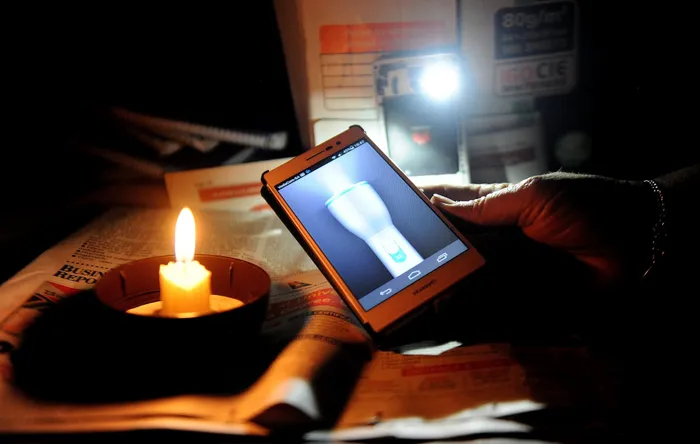Not everyone can afford to seek alternative power solutions and we shouldn’t have to

File image.
Editorial
Johannesburg - Earlier this week, South Africa passed a rather unfortunate milestone – an entire month of load shedding. It’s an unprecedented – and unwelcome – achievement for a country that has been saddled with intermittent power cuts since 2007. But the bad news is that the record is unlikely to stand.
Soon, we will have our first two uninterrupted months of load shedding. Very shortly afterwards we will have our first ever six months of load shedding, then probably a year. It is not inconceivable, because there is neither a real plan, nor the political will to enforce it, even if it existed.
South Africans are making a plan – as they always do, but strangely power bills aren’t coming down. Far too many residents who still receive monthly accounts merely receive estimates – even though they are literally using a third to half of the power they did last year because it keeps getting cut off.
Given the spiralling cost of living, the raging unemployment and our tanking economy it’s not just criminal, but downright immoral.
The reason is simple; municipalities derive an inordinate amount of their revenue from selling electricity (according to data journalists, Media Hack): 26% in Johannesburg, 36% in Ekurhuleni, 33% in Tshwane, Mangaung and eThekwini; and, 31% in Cape Town. In Joburg, electricity sales bring in just under R16-billion a year.
Not everyone can afford to seek alternative power solutions. The truth is they shouldn’t have to. The problem should be fixed, the fact that our elected politicians – of whatever political hue – can’t, is bad enough. The fact that they are not actively reducing monthly power bills to reflect the reduced service is unconscionable.
They need to be punished – at the polls. It’s time to get in people who can do what they are paid a lot of money to actually do.
Related Topics: